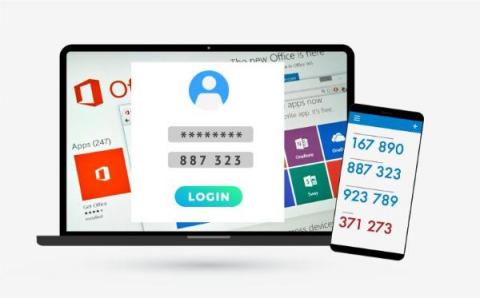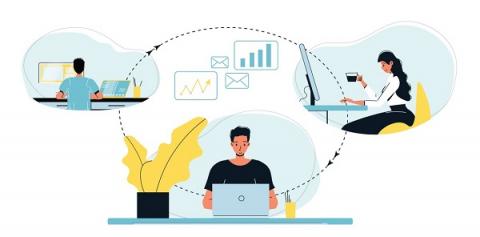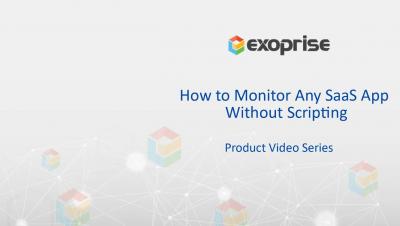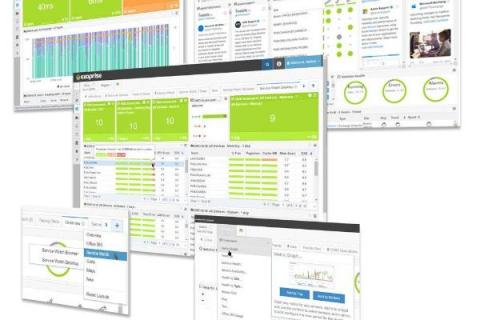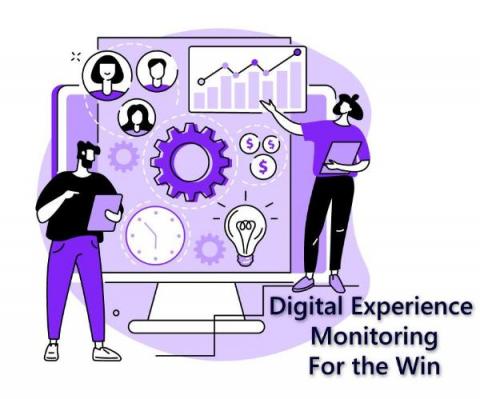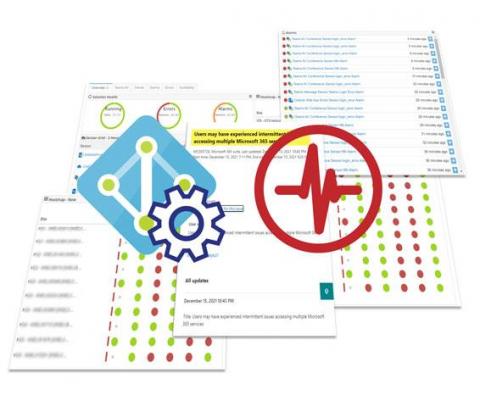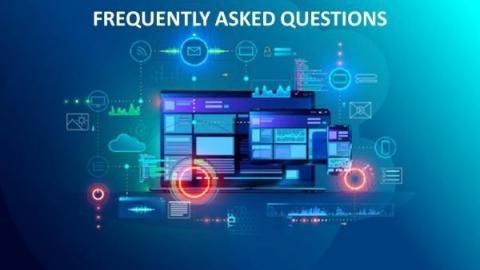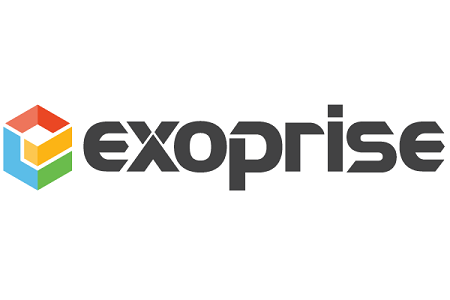Introducing Multi-Factor Authentication for Synthetics
Multi-Factor Authentication (MFA) provides an enhanced security mechanism for your entire organization by requiring multiple methods of authentication credentials. Using traditionally managed passwords for accessing your apps, services, and networks is no longer a secure methodology. Indeed, cyber threats are on the rise. Hackers today employ sophisticated techniques such as spear-phishing or pharming to gain unauthorized access to corporate accounts.


